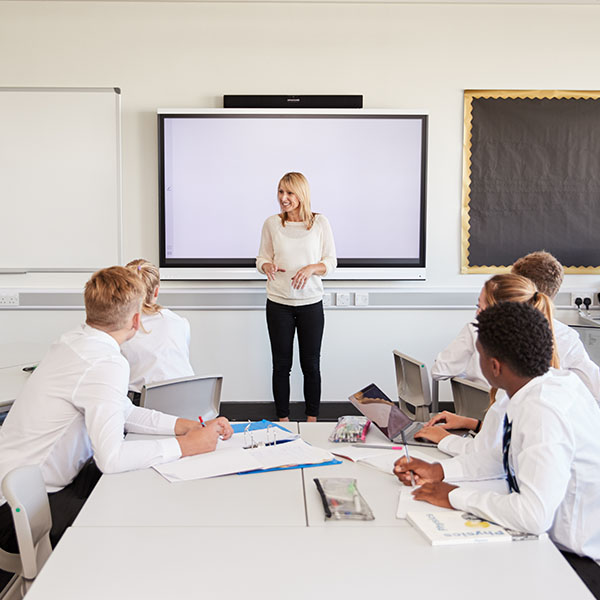One of the best feelings is when you are struggling to understand a topic and then all of a sudden, it’s as if you found the missing piece to the puzzle and it finally all makes sense.
This “Aha!” moment (also known as the “Eureka” moment) can happen in many different situations, but it is always sudden, unpredictable and causes a lot of joy.
But why and how does it happen? What is the science behind this moment? Well, research suggests that it is all to do with metacognitive prediction errors – let’s take a closer look…
What are “Aha!” moments?
When working on a challenging problem, there might come a point when you finally find the solution. This can create some happiness and is often known as the “Aha!” moment.
Previous researchers found that these moments have four main features – they:
- Create strong positive emotions
- Are sudden and unpredictable
- Are more pronounced after experiencing a period of feeling stuck
- Are a subjective experience
What are metacognitive prediction errors?
Let’s start with metacognition: it’s our ability to reflect and critically analyse how we think, and choose appropriate thought processes. Like with many other skills, we can often end up making metacognitive errors, meaning that how we predict we’ll perform may not match the reality.
But what does this have to do with “Aha!” moments? Well, in the study mentioned above, the researchers found that these moments might actually be caused by metacognitive prediction errors – in other words, “Aha!” moments happen when we surprise ourselves with our performance and capabilities.
In the study, participants had to estimate how long an anagram would take them to solve, then solve it. Those who succeeded much faster than they expected rated their “Aha!” moments as the strongest.
Benefits and limitations of “Aha!” moments
So, these experiences feel great – but is that all there is to them, or can they actually be beneficial to learning?
In another study, researchers investigated this question by giving participants magic tricks to solve and asking them whether they experienced an “Aha!” moment during the process. When the participants were tested on the solutions two weeks later, they remembered:
- 64% of the tricks with an “Aha!” moment
- 52% of the tricks without an “Aha!” moment
Therefore, having these moments might slightly help students remember the information better in the long-term.
However, there are some dangers to be wary of. In another study, participants were given an incomplete sentence and had to unscramble the final word in order to complete the sentence. They then had to rate each statement as true or false, as well as rating whether they experienced an “Aha!” moment.
The researchers found that participants were much more likely to rate false statements as true if they experienced an “Aha!” moment. This can be particularly dangerous when learning as it could cause students to wrongly believe that they have the right answer.
How can you apply these findings in the classroom?
Overall, although having an “Aha!” moment might help students remember the information better, it might cause some issues such as having a bias of thinking that false information is true.
Therefore, the first step should be to develop metacognition in the classroom. One of the easiest ways is to break down strategies into three stages: before, during and after a task.
- Before a task
Before starting a task, students prepare well by unpacking it. They should also engage in self-questioning and set goals to help keep them on track and be more productive.
- During a task
During a task, students should assess how they are progressing to make sure they are on the right path. This can be done through asking questions, monitoring their progress and developing resilience.
- After a task
After a task, students should review and reflect on what went well and what they could do differently next time. This helps ensure they are learning as much as possible from the experience and therefore are developing and improving.
This cycle is often also called the Plan, Do, Review process. To help make it an integral part of how your school’s students learn, why not book our Metacognition: Plan, Do, Review CPD teacher workshop?
Final Thoughts
“Aha!” moments can be very satisfying, especially after working so long to try and solve a problem. Research suggests that these moments occur due to metacognitive prediction errors. So it turns out, letting students struggle a little bit and then helping them reflect on the process and the solution may just give them their eureka moment.







